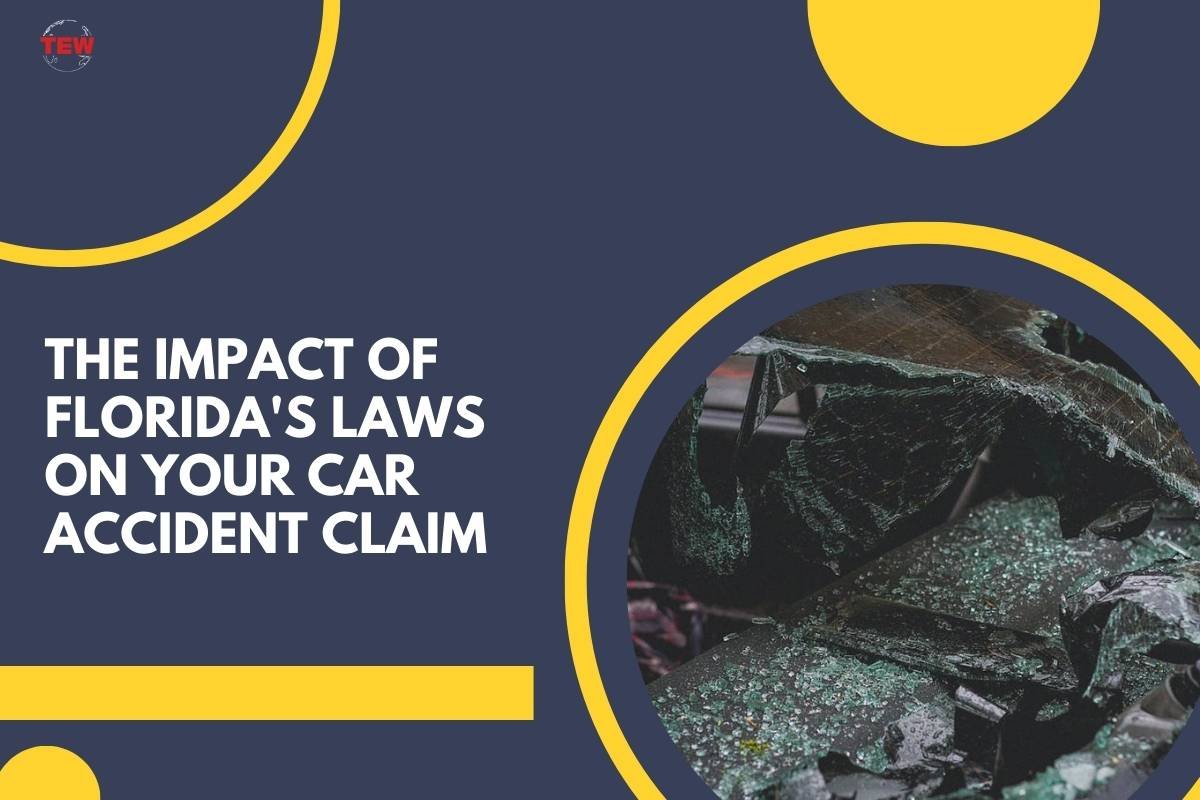(Source-pexels)
Suppose you’ve been involved in any kind of traffic accident in Florida. In that case, understanding the state’s laws is crucial, especially when it comes to protecting your rights and seeking compensation for damages. Whether it’s a minor fender-bender or a more serious collision, being aware of Florida’s legal landscape can significantly impact the outcome of your car accident claim. Here, we delve into the intricacies of Florida’s laws and how they may affect your case with insights from a knowledgeable car accident lawyer in Miami.
Florida’s Laws No-Fault Insurance System
Florida operates under a no-fault car insurance scheme, which means that regardless of who is at fault for the accident, drivers turn to their own Personal Injury Protection (PIP) coverage to claim compensation for medical bills and other losses. This system aims to expedite claims and minimize litigation. However, some exceptions allow victims to pursue additional compensation from at-fault parties under certain circumstances.
What Car Accident Losses Are Compensated In Florida?

Under Florida’s no-fault system, claimants are entitled to benefits such as coverage for medical expenses, lost income, and death benefits. These benefits are provided by their own insurance companies, irrespective of fault. However, if injuries meet a certain threshold, victims may step outside the no-fault system and pursue a liability claim against the at-fault driver.
Exceptions to Florida’s No-Fault System
While Florida’s laws no-fault system provides expedited compensation for car accident victims, some exceptions allow for additional recourse under specific conditions. If the injuries sustained in an accident meet certain criteria, victims may opt to pursue a liability claim against the at-fault driver, seeking compensation beyond what is provided by their own insurance coverage.
These exceptions typically involve severe injuries, permanent impairment, or significant financial losses that exceed PIP coverage limits. Understanding these exceptions and when they apply is crucial for maximizing compensation and ensuring full recovery from a car accident.
Statute of Limitations and Comparative Fault

Understanding the statute of limitations and comparative fault rules is essential for anyone considering legal action after a car accident in Florida. Recent legislative changes have shortened the statute of limitations for filing car accident lawsuits from four years to two years, imposing stricter deadlines on plaintiffs. Additionally, Florida follows a comparative fault rule, where plaintiffs’ damages are reduced by their share of fault.
Implications of Comparative Fault
The comparative fault rule significantly impacts the outcome of car accident cases, particularly in determining compensation awards. Plaintiffs must navigate the complexities of proving fault and minimizing their own liability to maximize their recovery.
Challenges in Proving Fault
Proving fault in a car accident can be challenging, especially in cases where multiple parties share responsibility. Insurance companies often employ tactics to shift blame onto the victim, reducing their compensation accordingly. Plaintiffs must gather evidence, such as witness testimony, accident reconstruction reports, and medical records, to establish the other party’s negligence and mitigate their own liability.
Additionally, Florida’s comparative fault rule requires careful analysis of each party’s actions and contributions to the accident, further complicating the legal process. Navigating these challenges requires the expertise of a skilled car accident lawyer who can advocate for the victim’s rights and pursue fair compensation despite the complexities of comparative fault.
Reporting Obligations and Insurance Requirements

Florida law mandates reporting accidents under specific circumstances, including death, injury, or property damage exceeding $500. Failure to report accidents promptly can have legal repercussions. Additionally, while Florida does not require drivers to carry bodily injury liability coverage, they must maintain minimum levels of PIP and property damage liability coverage. Understanding these reporting obligations and insurance requirements is crucial for protecting one’s rights and ensuring compliance with the law.
The Bottom Line
Navigating Florida’s laws following a car accident requires a nuanced understanding of the state’s no-fault system, statute of limitations, comparative fault rule, reporting obligations, and insurance requirements. Consulting with a qualified car accident lawyer can provide invaluable guidance and advocacy throughout the claims process, maximizing your chances of obtaining fair compensation for your losses.




